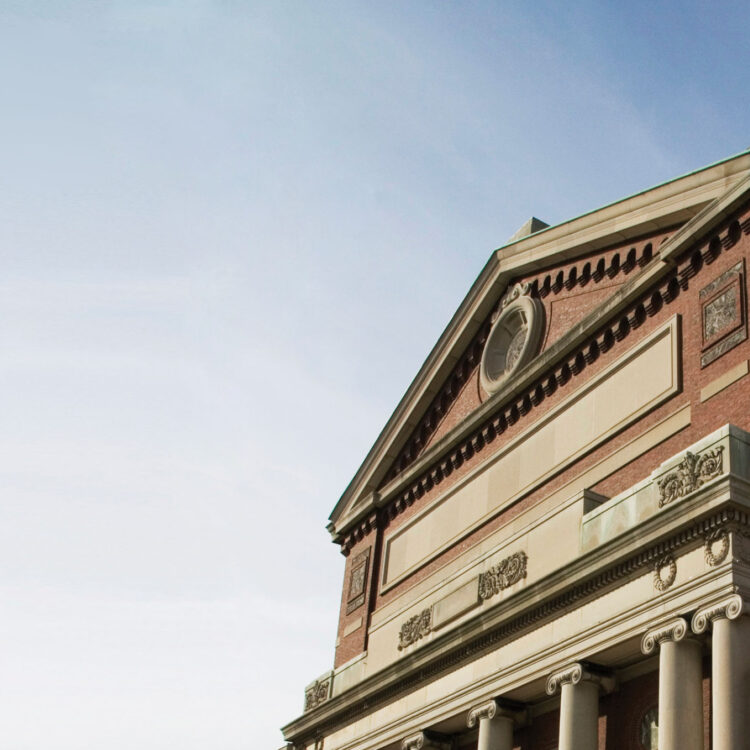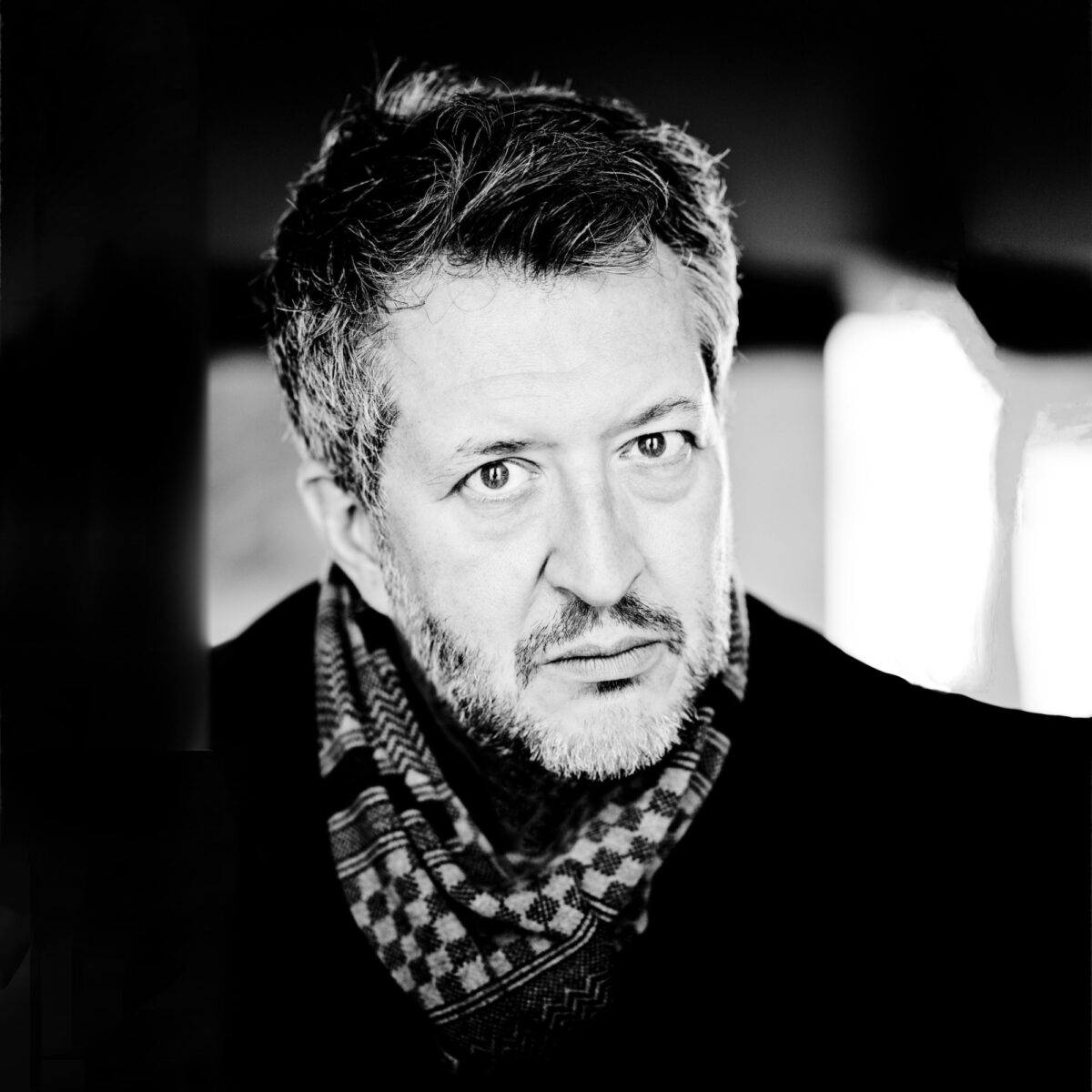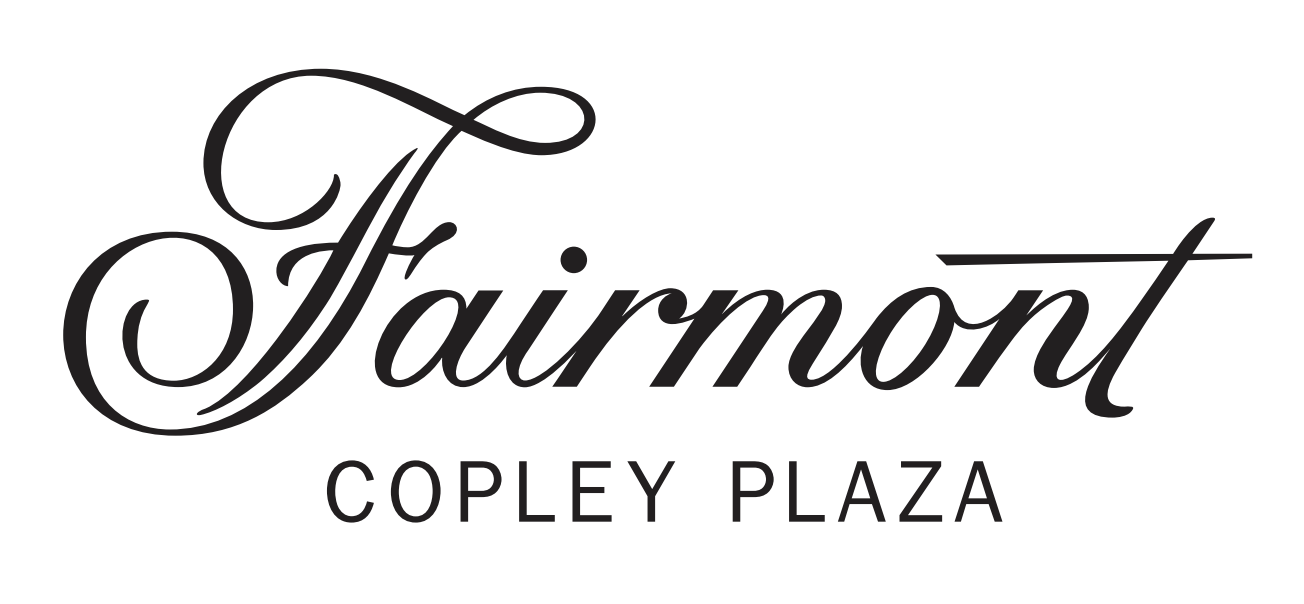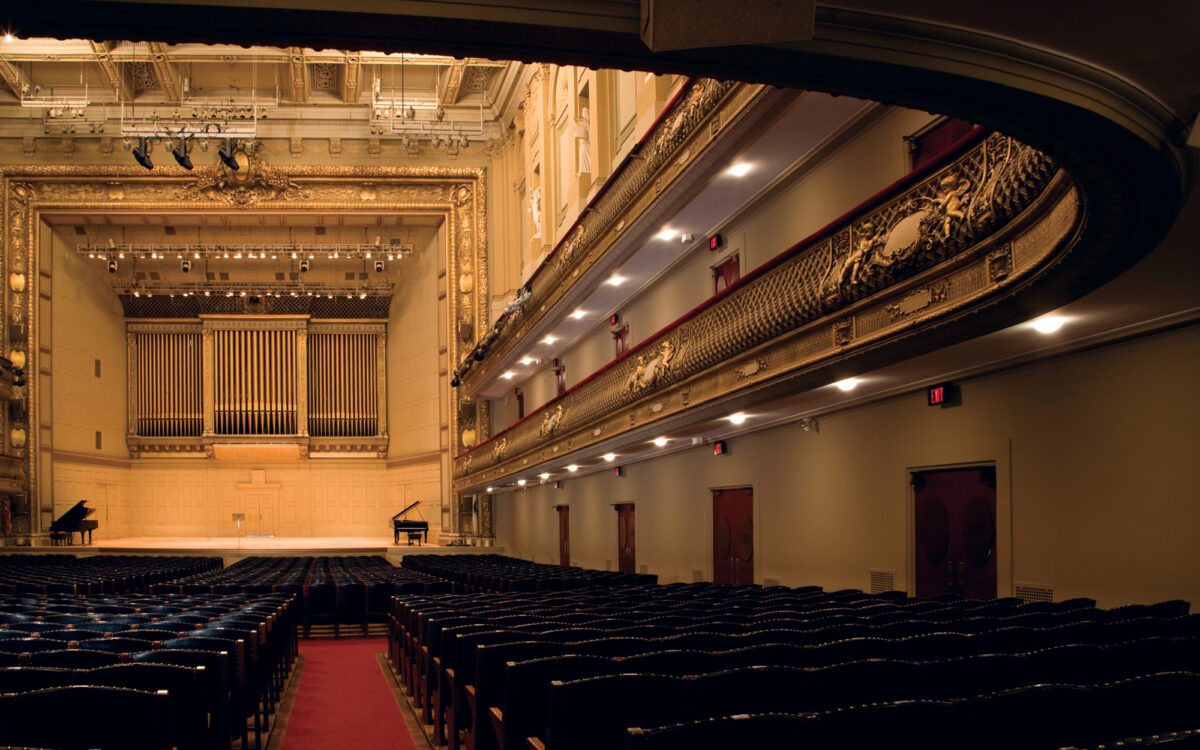Thomas Adès conducts Berg, Ravel, and Thomas Adès featuring pianist Kirill Gerstein

Symphony Hall, Boston, MA
BSO Artistic Partner Thomas Adès is joined by pianist Kirill Gerstein in reprise performances of Adès’s own Concerto for Piano and Orchestra, a BSO-commissioned work written for Gerstein and premiered at Symphony Hall in 2019. Gerstein and Adès have since performed the concerto worldwide to great acclaim, and the BSO’s recording of it was nominated for a Grammy Award. Gerstein also performs Ravel’s Piano Concerto for the Left Hand, which Ravel completed in 1930 for the pianist Paul Wittgenstein, who lost his right arm due to an injury in World War I. Ravel’s fascination with jazz shows up in the concerto’s syncopated rhythms and energy. Exhibiting stark differences as well as fascinating similarities, both Ravel’s La Valse and Berg’s Three Pieces for Orchestra—written a few years apart during and after World War I—seem to be modern commentaries, both admiring and critical, of the music and society of a bygone 19th century Europe.
Due to today's storm, the BSO performance scheduled for tonight, Saturday, January 29 at 8pm, has been canceled. Ticket holders to this performance may email tickets@bso.org to donate the value of your tickets to the BSO or to request an exchange for an upcoming performance, a credit, or a refund. We appreciate your understanding and support and hope to see you soon at Symphony Hall.

Program Notes & Works
Three Pieces for Orchestra
Alban Berg's dense, expressionistic Three Pieces for Orchestra, an artistic watershed composed just before the Great War, reflects the anxiety and tension that accompanied the end of the false prosperity of Europe's Belle Époque.
Piano Concerto in D for the left hand
Ravel rightly considered this, his last completed large-scale work, a supreme piece of illusion. Who can tell, just from listening, the nature of the self-imposed restriction under which he completed his commission?
Concerto for Piano and Orchestra
Adès’s Concerto for Piano and Orchestra comes from the very heart of the piano genre: it is a “proper” piano concerto of a sort we’ve seen few of since the days of Bartók. Adès’s musical voice suffuses the piece, deploying rigorous craft in the service of musical fluidity and expressiveness.
La Valse
In La Valse, Ravel’s brilliantly orchestrated score captures the glitter and the violence of a society that, even as he was composing, had passed away.








